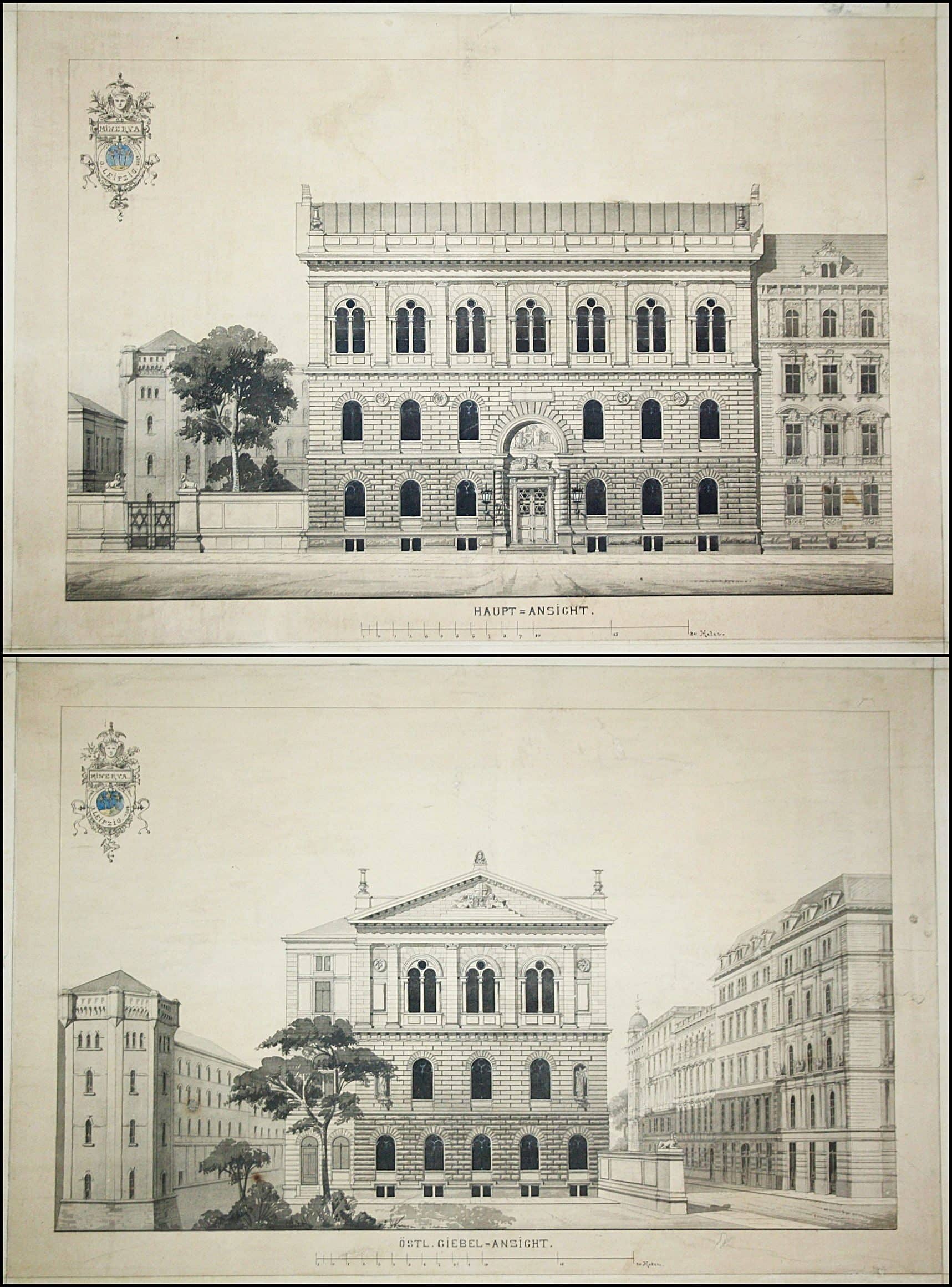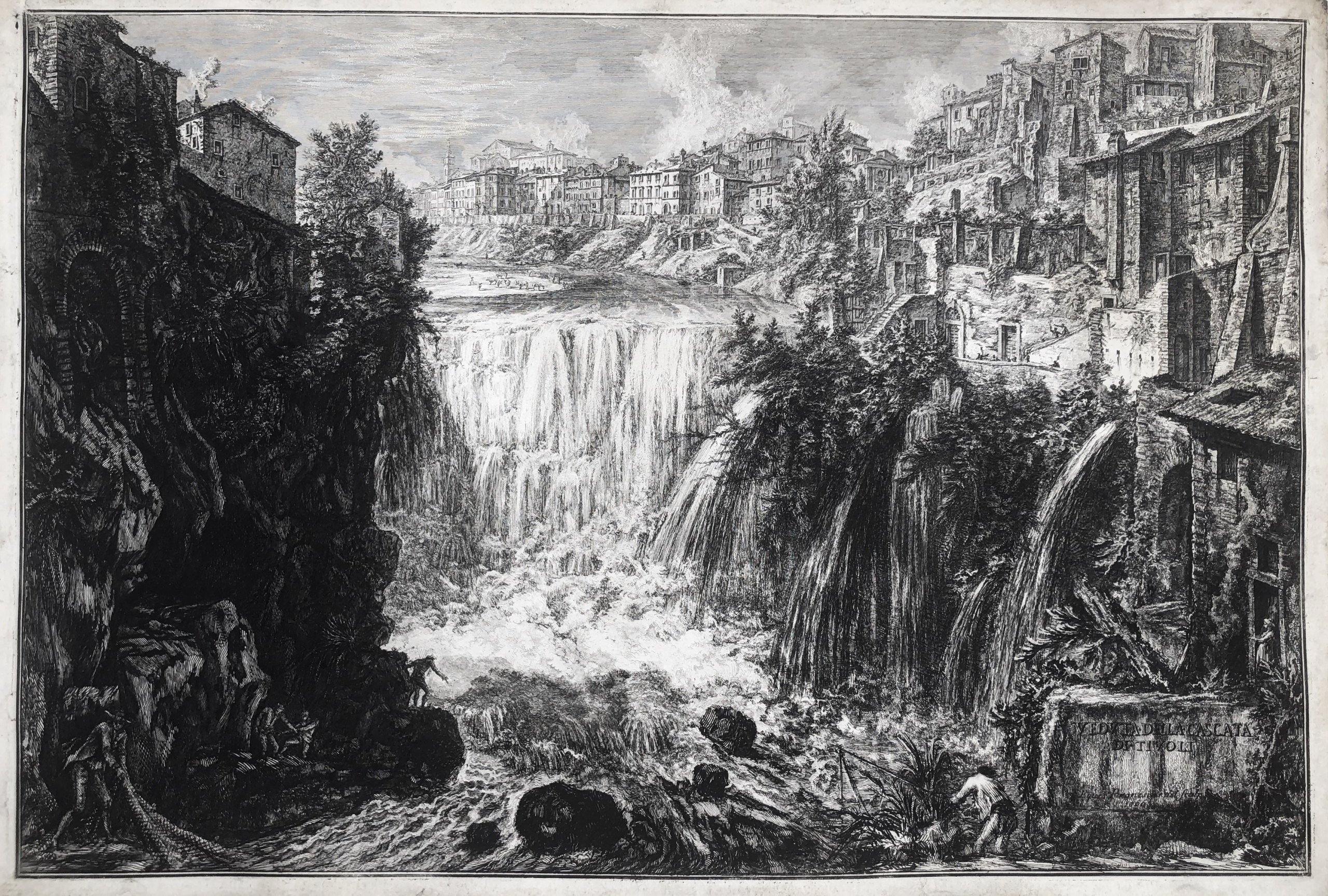Soupault, Ralph (1904-1962) – Original caricatural illustrations for Lucien Rebatet’s book „Le Diable à l’Hôtel Matignon“
24 ink drawings on paper. Sizes range from ca. 9 x 12 cm to 22 x 9 cm. Some of the drawings with caption. Two of the drawings signed by the artist. You can see more photos on our own website.
The caricatures, as the book itself, have a strong political undertone and reflect the anti-semitic and fascist affiliations of the artist and the writer, respectively. Hôtel Matignon refers to the official residences of the Prime-Minister of France and is often used as a metonym for the actions of the Prime-Minister. Nonetheless, they provide important insight into the tumultous political climate of France right before WWII. || Ralph Soupault, born Raphaël Louis Ernest Soupault on October 5, 1904, in Les Sables-d’Olonne was a French caricaturist and illustrator known for his extreme right-wing affiliations. Raised in a politically charged environment, Soupault’s father, Frédéric Émile Raphaël Léandre Soupault, was an educator in Paris, where the family resided during the early 1920s.
Early on, Soupault demonstrated a talent for drawing, publishing his first cartoon in the communist daily newspaper „L’Humanité“ at the age of 17. Despite his father’s socialist and secular influence, Soupault’s ideologies evolved, particularly after his military service in the 61st Regiment of Moroccan Rifles.
By the mid-1920s, Soupault’s nationalist sentiments grew stronger, aligning himself with right-wing publications such as „Charivari“ and „Action Française“. His nationalist fervor intensified during the 1930s, leading him to join the Parti Populaire Français (PPF), founded by Jacques Doriot, a former communist turned fascist. Soupault’s artwork became increasingly politicized, reflecting his anti-Semitic, anti-communist, and nationalist beliefs.
During World War II, Soupault’s collaboration with the Nazi regime reached its peak as he became a prominent illustrator for collaborationist publications such as „Je suis partout“ and „Le Petit Parisien“. He actively participated in propaganda efforts and even spoke at anti-Semitic rallies organized by the PPF.
Following the liberation of Paris in 1944, Soupault fled to Germany and later to Italy, where he was eventually arrested in December 1945 and returned to France. Convicted by the Court of Justice in February 1947 for collaboration with the enemy, Soupault served five years of a fifteen-year forced labor sentence.
Despite his conviction, Soupault remained unapologetic about his political beliefs, even publishing a book titled „Fresnes: Reportage of a Witness“ under the pseudonym Rio, in which he defended his past actions. After his release from prison in 1950, Soupault continued his career under the pseudonym Leno, contributing to right-wing publications like „Rivarol“ and „Charivari“.
Soupault’s legacy remains controversial due to his collaborationist past, but his artwork provides a glimpse into the turbulent political landscape of France during the first half of the 20th century.
Drawings by Ralph Soupault are very rare on the market. — A copy of the original book edition of „Le Diable á l’Hotel Matignon“ is enclosed. The collection consist of the drawings for the following pages of the book: 170; 171; 172; 174; 175; 176; 177; 178; 179; 180; 181 (both); 183; 184; 185; 188; 189; 190; 191; 192; 193; 195; 197 and 198.
Price 4.500,- EUR







































